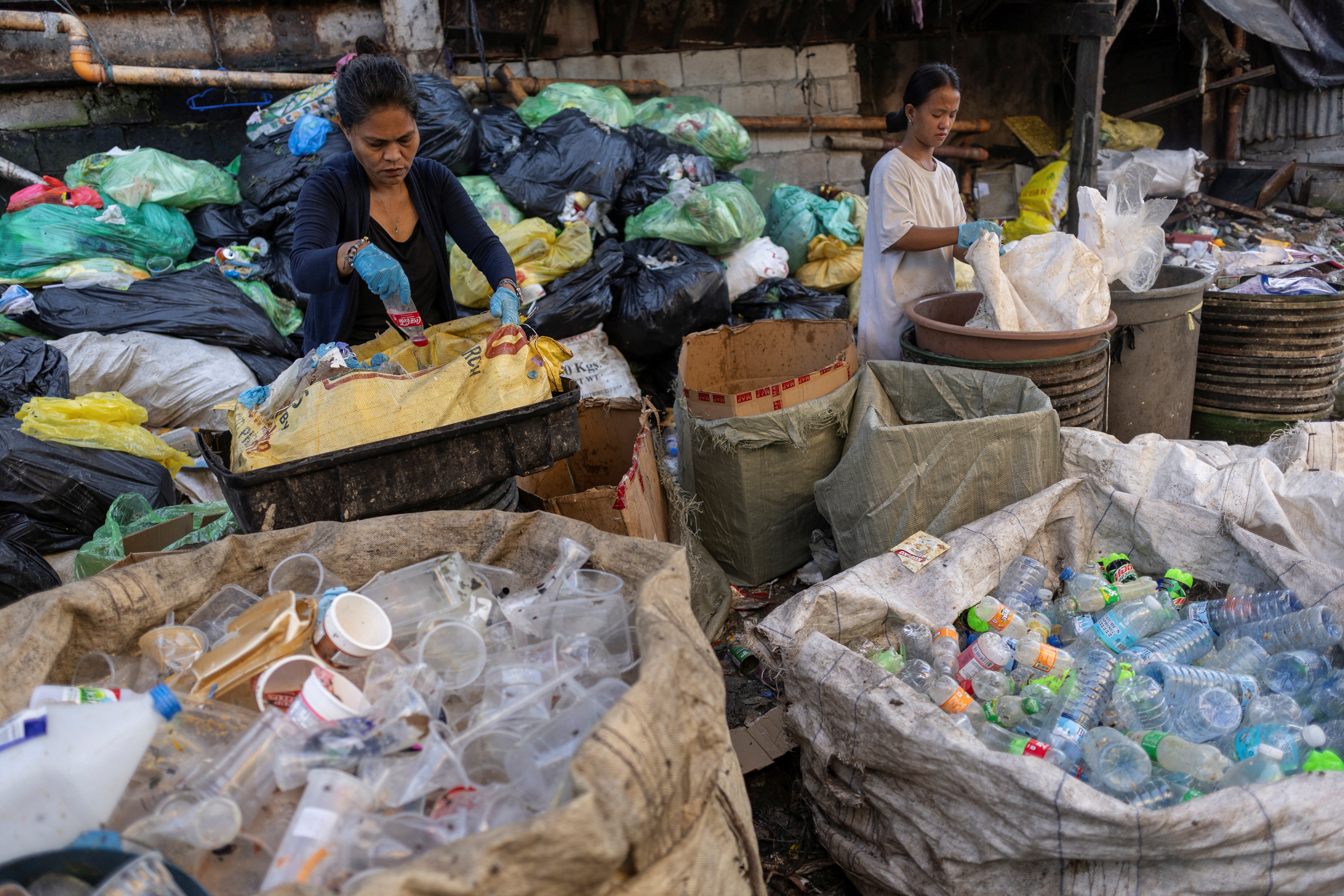Dubai has just increased the cost of landfill. Can it hit zero waste by 2030?

Landfill ... getting more expensive in Dubai. Image: Tom Fisk/Pexels
Listen to the article
- The Dubai government has ordered a major rise in the cost of depositing non-recyclable waste.
- More measures need to be introduced if the emirate is to hit its target of zero waste by 2030.
- Taxing virgin materials in manufacturing would be a valuable next step.
As 2021 rolled into 2022, a quiet revolution took place here in Dubai that is set to transform the emirate’s approach to sustainability and put us firmly on the path towards a greener and cleaner future.
Overnight, the cost of disposing of waste in landfill went up from 10 AED (UAE dirhams) per visit to 100 AED per tonne of non-recyclable waste deposited. Every business in Dubai will be directly affected, and we can expect some grumbles about this very substantial price rise, the initial burden of which falls on waste-management companies like my own. Yet despite the increased costs to our operations, and the inevitable teething problems one can expect when changing contracts with clients, I am grateful for this bold but important step.
In fact, I would like to see the government go even further.
There’s been a lot of talk over the last few years, and particularly around the Dubai Expo, on the urgent need to create more sustainable lifestyles and a more circular economy. By circular economy I mean one where materials are reused, recycled or recovered locally, rather than just thrown into landfill.
We are all very aware now of our environmental vulnerability, with looming threats from climate change, biodiversity collapse and plastic pollution. The idea of a more circular approach, where materials such as paper, plastic and food are saved to be recycled or composted, is a very compelling one; in fact, it’s our only hope of long-term survival on this finite planet. But building a circular economy means ensuring it makes economic sense, and this is where we have struggled until now.
In short, when it is so much cheaper to dispose of waste in landfill than it is to sort through it, separate out different materials and treat them so they can be reused, the majority of businesses will continue to use landfill. And when the cost of recycled materials is higher than that of using virgin materials, most businesses will choose the more profitable option. Without governments using legislative levers to change this playing field, we will never win the game and build a more sustainable society.
The new waste disposal fee structure sets a sliding scale of fees for different waste types, making it cheaper to dispose of recycling than non-recyclable waste and providing a clear economic incentive to change behaviours and drive up recycling. We will work closely with each of our clients to support them in their efforts to reduce overall waste and increase the proportion recycled – we expect the desire to keep their bills as low as possible to substantially increase interest in recycling. It might be bumpy at times, but this is essential if we are to meet Dubai’s ambitious but important target of zero waste to landfill in just eight years’ time.
Some have questioned why recyclable waste is subject to any charges at all under the new system. The answer is that not all “recyclable waste” is equally recyclable – there are important issues regarding the quality of the materials as well as just the quantity. Most recycling is a mixture of different items, some covered with food or other undesirables, which require sorting and cleaning. One of the purposes of the new directive is to allow recycling facilities to cover the costs of preparing the waste before turning it back into new materials – covering their significant operational overheads and increasing potential investment in these much-needed facilities.
There are still a few details to be ironed out. We are still waiting to see the detail of plans for treatment of food and organic waste, which is a major contributor to global warming when put in landfill. And we would love to see the government go even further, and use their regulatory powers to tax virgin materials in the manufacturing sector here, which would help create more of a market for recyclables within UAE.
What is the World Economic Forum doing about the circular economy?
There is much to be done still, and to achieve our shared ambitions we will need to work together, to forge alliances between authorities, waste and recycling companies, manufacturers, small businesses and residents alike. But as we start the new year I am hugely encouraged by this brave, vital step that the Dubai government have now taken. This is the leadership we all need if we are to save the planet for our children and grandchildren.
Don't miss any update on this topic
Create a free account and access your personalized content collection with our latest publications and analyses.
License and Republishing
World Economic Forum articles may be republished in accordance with the Creative Commons Attribution-NonCommercial-NoDerivatives 4.0 International Public License, and in accordance with our Terms of Use.
The views expressed in this article are those of the author alone and not the World Economic Forum.
Stay up to date:
United Arab Emirates
Related topics:
Forum Stories newsletter
Bringing you weekly curated insights and analysis on the global issues that matter.
More on Circular EconomySee all
Felipe Basso
November 13, 2025







